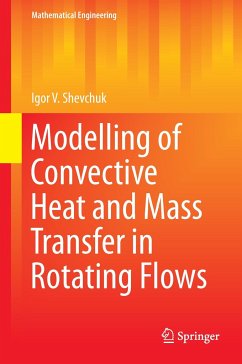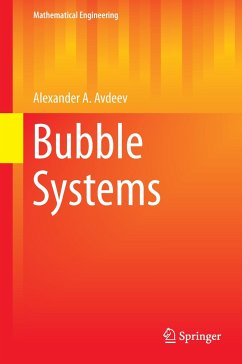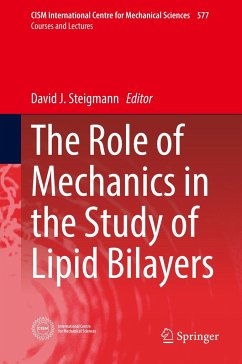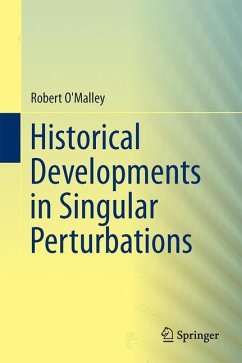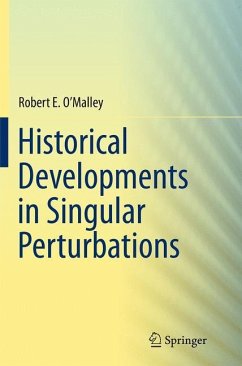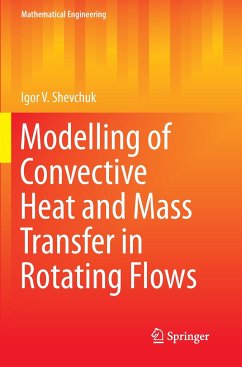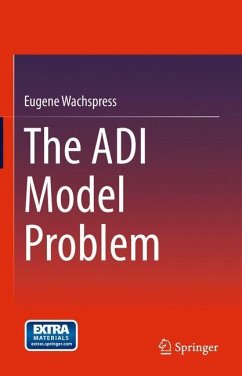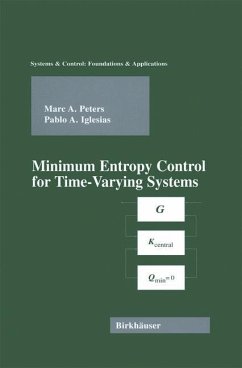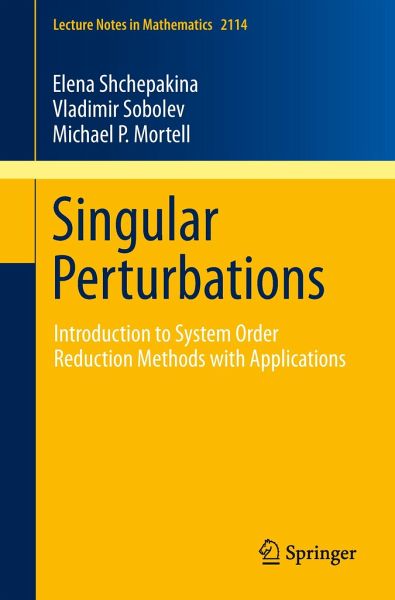
Singular Perturbations
Introduction to System Order Reduction Methods with Applications

PAYBACK Punkte
19 °P sammeln!
These lecture notes provide a fresh approach to investigating singularly perturbed systems using asymptotic and geometrical techniques. It gives many examples and step-by-step techniques, which will help beginners move to a more advanced level.Singularly perturbed systems appear naturally in the modelling of many processes that are characterized by slow and fast motions simultaneously, for example, in fluid dynamics and nonlinear mechanics. This book's approach consists in separating out the slow motions of the system under investigation. The result is a reduced differential system of lesser o...
These lecture notes provide a fresh approach to investigating singularly perturbed systems using asymptotic and geometrical techniques. It gives many examples and step-by-step techniques, which will help beginners move to a more advanced level.
Singularly perturbed systems appear naturally in the modelling of many processes that are characterized by slow and fast motions simultaneously, for example, in fluid dynamics and nonlinear mechanics. This book's approach consists in separating out the slow motions of the system under investigation. The result is a reduced differential system of lesser order. However, it inherits the essential elements of the qualitative behaviour of the original system.
Singular Perturbations differs from other literature on the subject due to its methods and wide range of applications. It is a valuable reference for specialists in the areas of applied mathematics, engineering, physics, biology, as well as advanced undergraduates for the earlier parts of the book, and graduate students for the later chapters.
Singularly perturbed systems appear naturally in the modelling of many processes that are characterized by slow and fast motions simultaneously, for example, in fluid dynamics and nonlinear mechanics. This book's approach consists in separating out the slow motions of the system under investigation. The result is a reduced differential system of lesser order. However, it inherits the essential elements of the qualitative behaviour of the original system.
Singular Perturbations differs from other literature on the subject due to its methods and wide range of applications. It is a valuable reference for specialists in the areas of applied mathematics, engineering, physics, biology, as well as advanced undergraduates for the earlier parts of the book, and graduate students for the later chapters.





